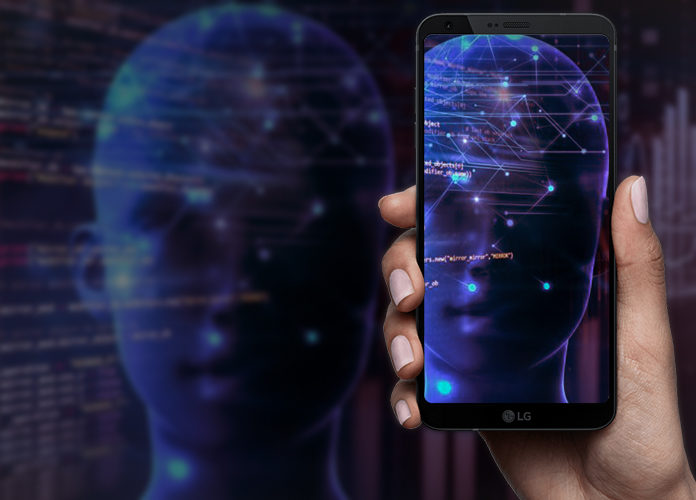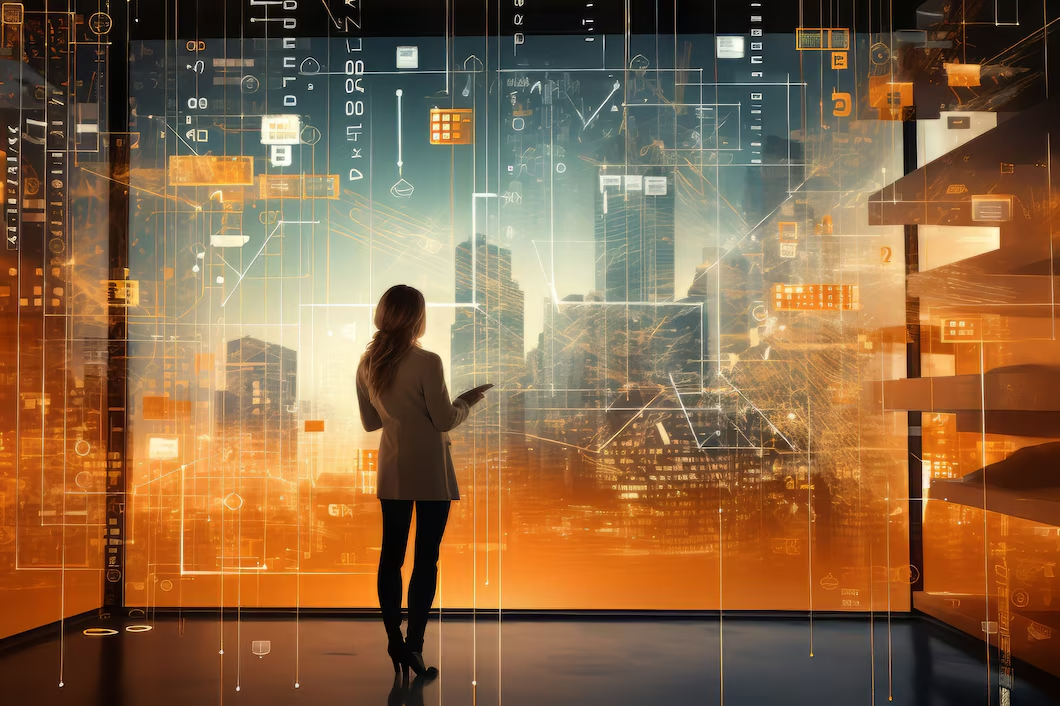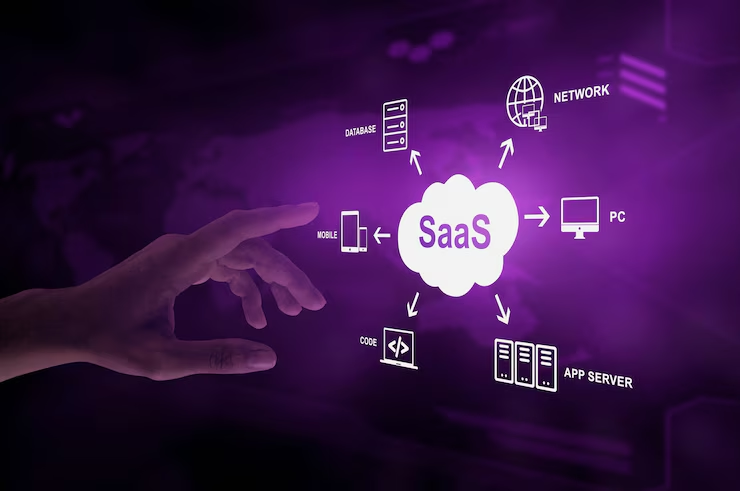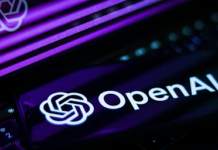Not long ago, hard-coded algorithms characterized computing. It processed a given input into an expected output. With Artificial Intelligence (AI) and Machine Learning (ML), all that is changing for the better.
Simply put, ML recognizes patterns in historical data and predicts outcomes for new input. While doing so, it can factor in a large number of variables. Processing it manually or using traditional tools would be a tedious exercise.
For instance, most cars provide an alert for preventive maintenance at specified intervals. It is a result of the code written by the manufacturer. It does not analyze whether the car or any of its components actually require maintenance.
With AI at work, your car can predict that a component is about to go bust as it shows early signs of malfunction. Here, ML algorithms detect anomalous behavior and attribute it to the malfunctioning part based on the historical data. Replacing it in time can save you from the unexpected breakdown and cost that comes with it. Such predictions are applicable for different parts of manufacturing plants too. Below are more such applications of AI and ML.
Popular applications of AI and ML
According to Gartner, 75% of enterprises will operationalize AI by the end of 2024. Here we list eight popular AI applications that will have a significant impact on businesses.
1. Chatbots
Chatbots are perhaps the most popular application of AI in business. Powered by AI, the chatbots interact with customers through standard messaging tools and voice-activated interfaces.
Apart from driving conversations, chatbots help business users streamline data collection and analysis. Thus, it helps improve consumer insights while cutting down the time to derive them.
2. Personalization in E-commerce
E-commerce companies use AI to personalize product discovery for shoppers. Based on the profile or the past purchase behavior, AI displays products to suit a buyer’s individual preferences. It makes the shopping experience seamless and also serves well to delight the customer.
As for e-commerce businesses, AI can help increase their operational efficiency in several ways. For example, ML using computer vision can analyze uploaded images to tag and organize products under relevant categories, brands, and sizes. It can also make inventory forecasts more accurate by taking into account several internal and external variables.
3. AI in Retail
Demand forecasting, inventory, and assortment planning are critical to profitability in retail. Done manually, it is a time-consuming and tedious exercise.
Several small and mid-size retailers depend on their experience to plan the inventory for a season. When products remain unsold, they end up offering stock-clearance discounts. Without proper planning, discounting can lead to negative margins. The problem becomes amplified when the stocks are perishable.
AI can help retailers not just forecast demand but also in pricing, planning promotions, and discounts. Notably, it can do all this without negatively impacting overall profitability.
Also Read: AI & Big Data for eCommerce, Retail and Energy Industry
4. Improving the Efficiency of Logistics and Supply chain
Manufacturers, retailers, and e-commerce players are increasingly relying on AI to improve their supply chain efficiency. Artificial Intelligence considers the impact of several variables that are difficult for a human mind to process concurrently.
An efficient AI solution can recommend the right inventory, assortment, appropriate mode of transport, dispatch, and travel time for a given location. It can, thus, help reduce delays and undue stress on supply chains occurring due to human oversight.
5. Enhancing Workplace Productivity
Modern workplaces deploy several tools to improve workflow, communication, and employee productivity. Having to deal with many tools at times adversely impacts the purpose they are meant to serve. And as a result, the productivity goes for a toss.
AI can help employees prioritize and plan tasks better. It can do this based on urgency, effort, the time required, and individual productivity levels at different hours of the day. Such productivity enhancement tools are particularly beneficial while working remotely.
Also Read: Essential Employee Training for Small Businesses
6. Better Human Resource Management
From recruiting to retaining the right talent, AI can improve human resource management efficiency in companies.
Screening resumes, shortlisting applicants, engaging prospective candidates, administering and evaluating preliminary tests – AI can make the recruitment process relatively seamless.
On the other hand, it can also detect patterns of disengagement long before a top-performing employee resigns. Timely alerts could help HR managers address employee concerns proactively and help retain them. Thus, AI can help keep the attrition rate in check.
7. AI in Healthcare
Patient outcomes are often a function of the accuracy of the health records. Healthcare providers rely on this data to diagnose, treat, or manage a health condition. More often than not, it is too unorganized to be analyzed quickly. Even worse, parts of it could be missing.
AI can improve the efficiency of healthcare providers by making sense of the data faster. It can also help physicians spot possible gaps in the information shared by the patient. With the development of healthcare technology, AI is finding several new applications.
Combined with remote patient monitoring, it can also provide real-time alerts to caregivers and doctors of deteriorating health parameters. Thereby giving them adequate time to respond to a catastrophic event like a heart attack.
8. Bolstering Cybersecurity
Detecting anomalies and providing real-time alerts are the two features of AI that make it useful for cybersecurity. As hackers try to breach company systems or databases, AI can detect anomalous behavior and provide alerts before the attack happens.
AI can also preempt attacks by recognizing markers such as IP addresses, time of the day, and the database under question.
Also Read: Can AI Transform Cybersecurity?
So, how far are we from the AI revolution?
If you are a Netflix fan or use Amazon for shopping, you must have already realized the impact of AI in your life.
Even as challenges in its use in business exist, it is finding rapid adoption across industries. If you wish to understand how it could help your business, make sure you check out our consulting services.
Also Read: Artificial Intelligence Future- Next 5 Years Can Be the Game Changer!










AI’s transformative power extends beyond sectors like aviation, impacting workplaces, e-commerce, and more. This insightful article on AI and automation in the aviation industry sheds light on the technological advancements propelling innovation. Check it out: https://attractgroup.com/blog/how-ai-and-automation-are-revolutionizing-the-aviation-industry/